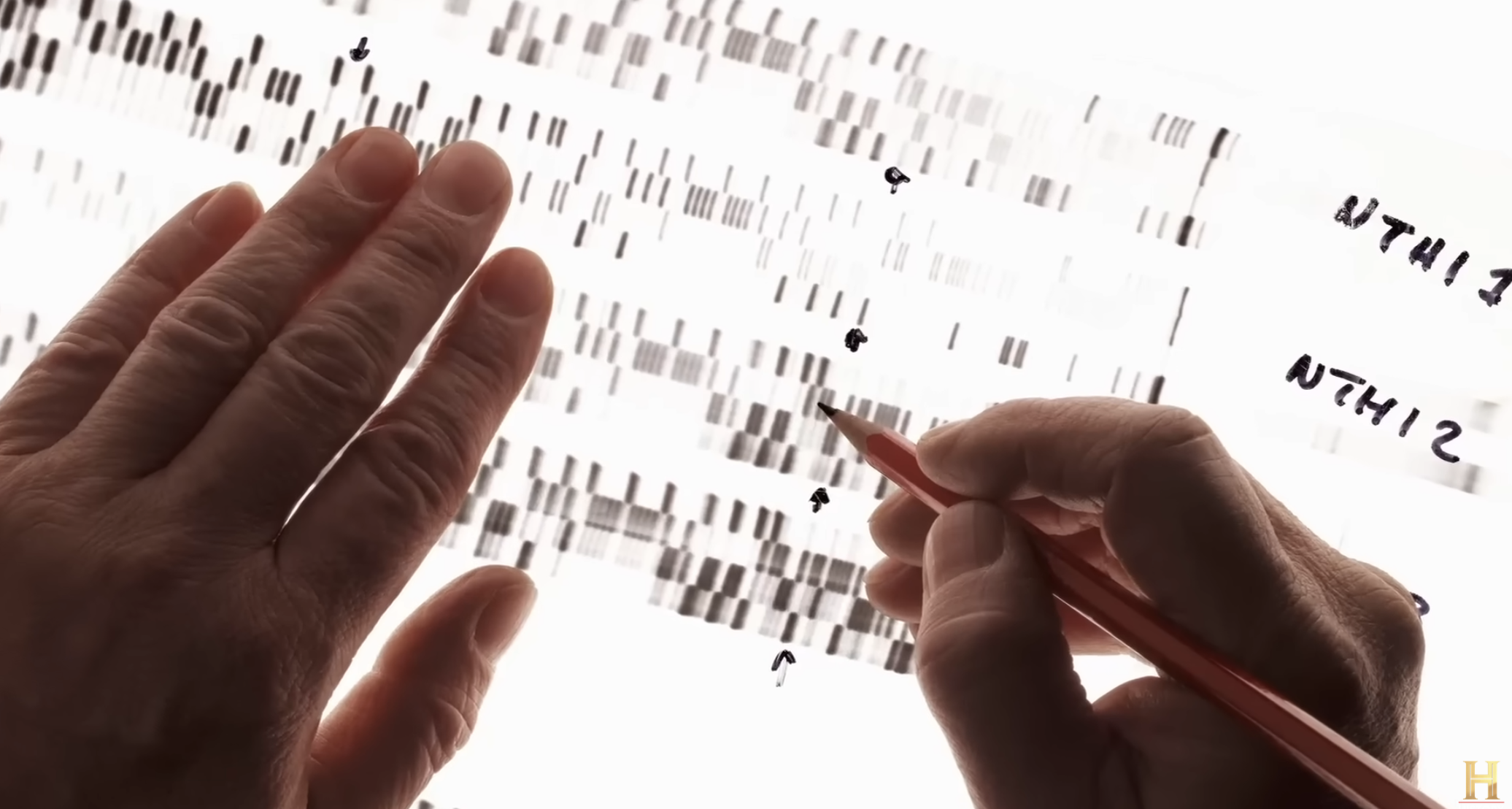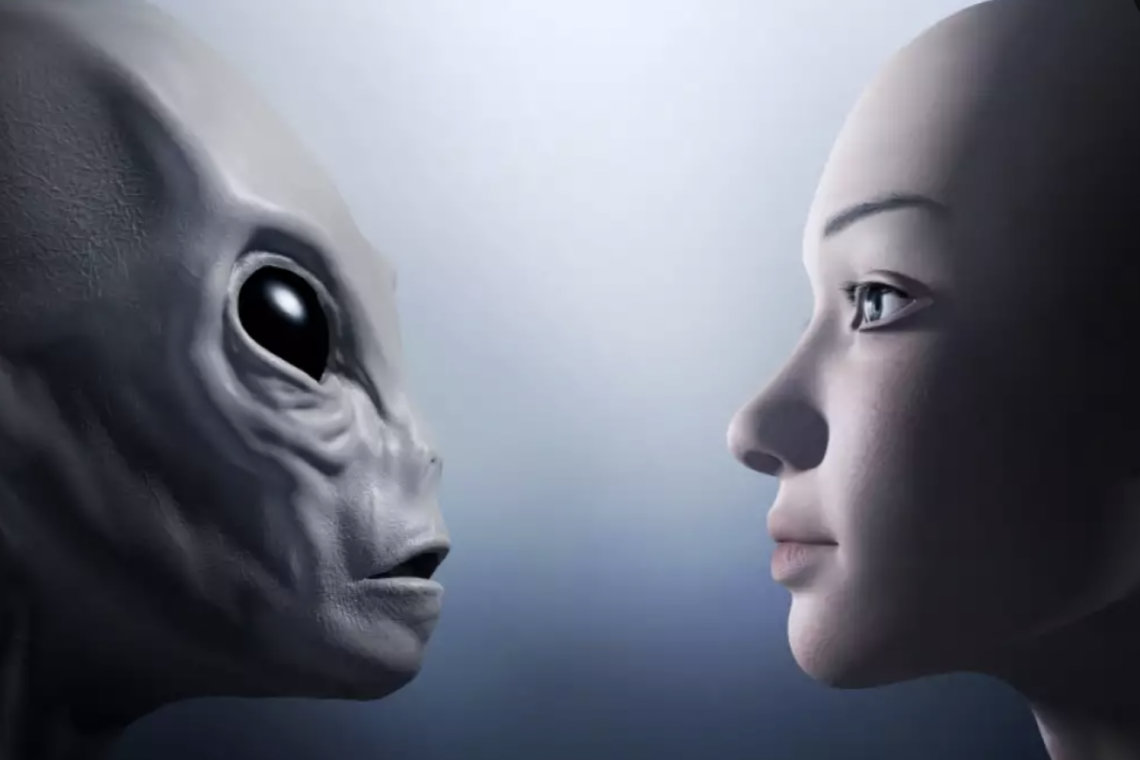In 2010, biologists led by Savante Pombo from the Max Planck Institute for Evolutionary Anthropology made a groundbreaking discovery in Leipzig, Germany. Their revelation challenges conventional theories of human evolution. This research led to the revelation that early humans not only coexisted with other hominids but also interbred with them, blurring the lines of our genetic history. Moreover, an unidentified species may have left its mark on human DNA.
A comprehensive analysis of human DNA conducted by Dr. John Hawks of the University of Wisconsin suggests that human DNA has evolved at an astonishing rate over the past 5,000 years. This rapid evolution raises questions about the origins of these genetic transformations.
Ancient astronaut theorists propose that humans may have been interbreeding with extraterrestrial beings throughout history. These theories find support in stories and mythologies from around the world depicting humans mating with gods and otherworldly beings. Reports of alien abductions reveal consistent descriptions of encounters with gray aliens, sparking discussions about human-alien hybrid offspring and their potential role in our genetic evolution. A debate rages on: Are extraterrestrials altering our genetic makeup for their own purposes, or are they guiding us subtly for the benefit of humanity? The question remains whether these alleged encounters are part of a larger plan.

Claims of alien-human hybrids living among us and our governments being aware of their existence add a layer of intrigue to the discussion.
Ancient astronaut theorist Giorgio Tsoukalos examines Earth's intriguing creatures, like the bombardier beetle, which baffles scientists with its complex and highly efficient defense mechanism. Could these beings offer clues about extraterrestrial influence on Earth's biology? The bombardier beetle, with its seemingly advanced and intricate features, fuels the debate about the evolutionary process. It begs the question: Did these creatures evolve over time, or were they designed? The bombardier beetle's defense mechanism, which can be compared to a chemical weapon, raises questions about whether certain creatures on Earth might serve as part of a larger cosmic experiment.

This captivating exploration delves into the mysteries of Earth's past and the possible connections between our species and extraterrestrial beings. The boundaries of human evolution continue to be questioned, as we ponder the intriguing possibility that we are not alone in the universe.



